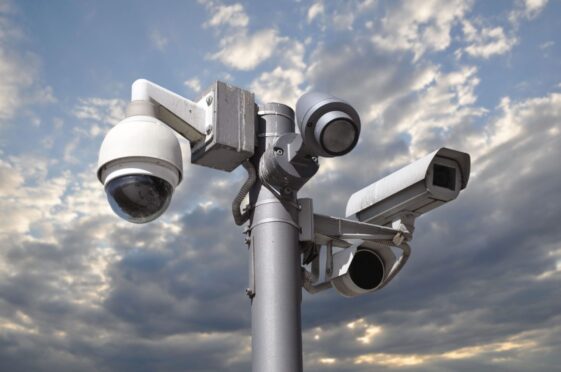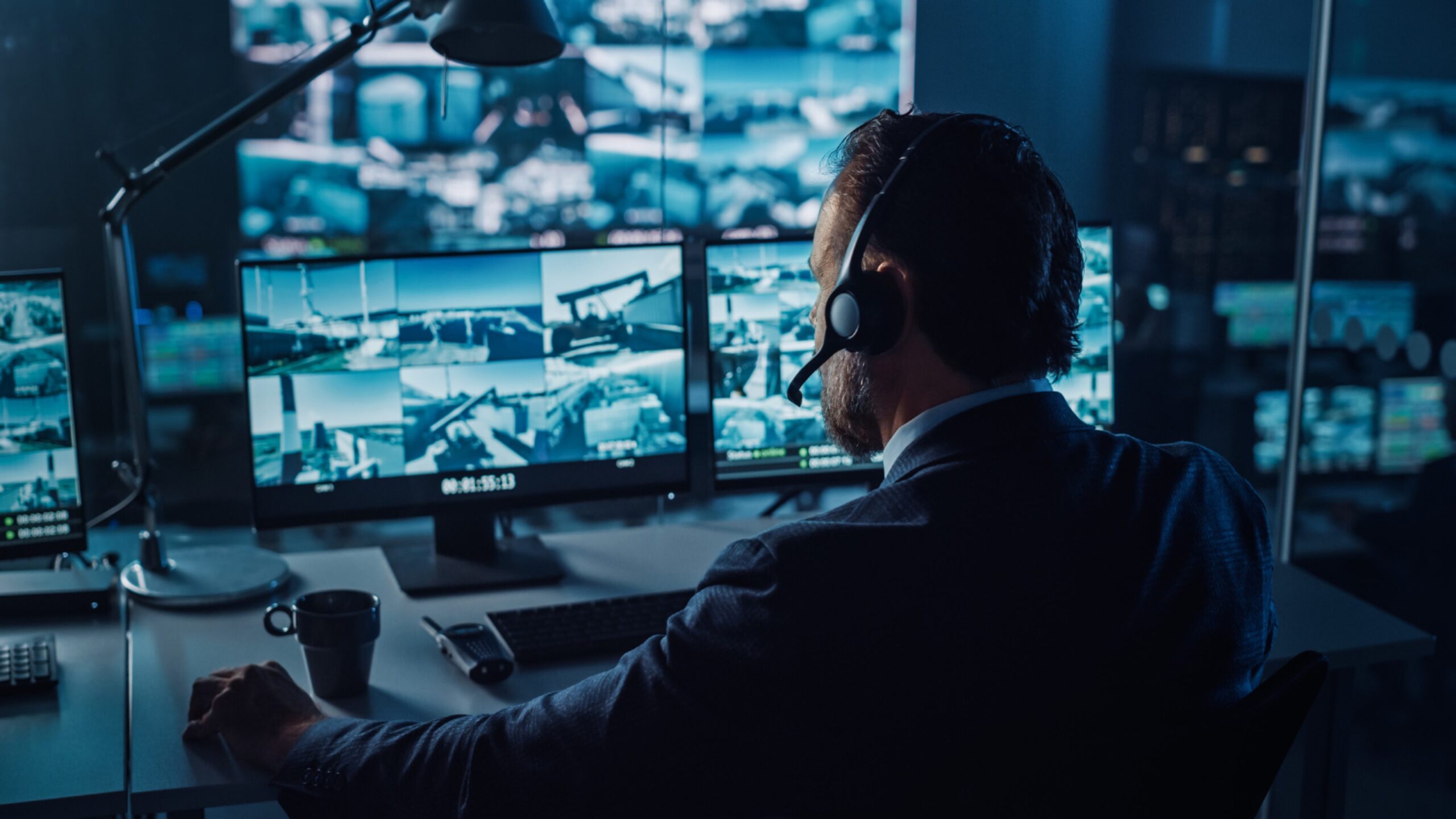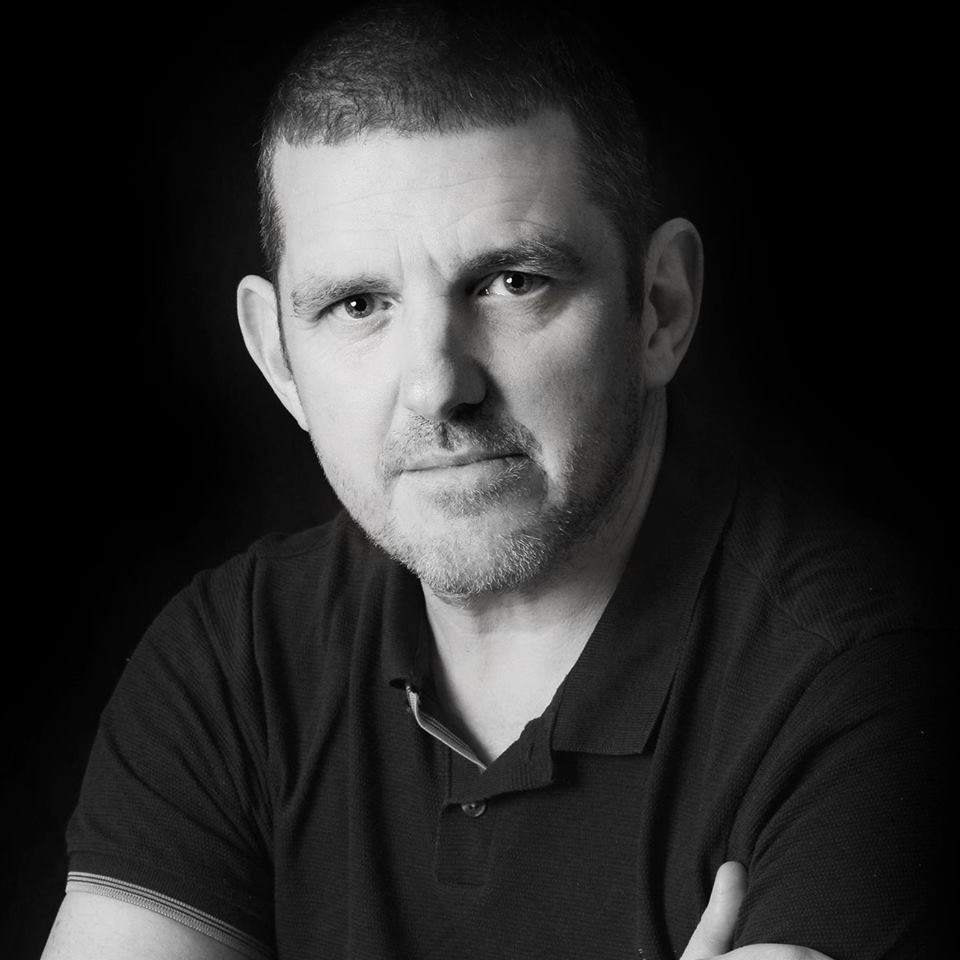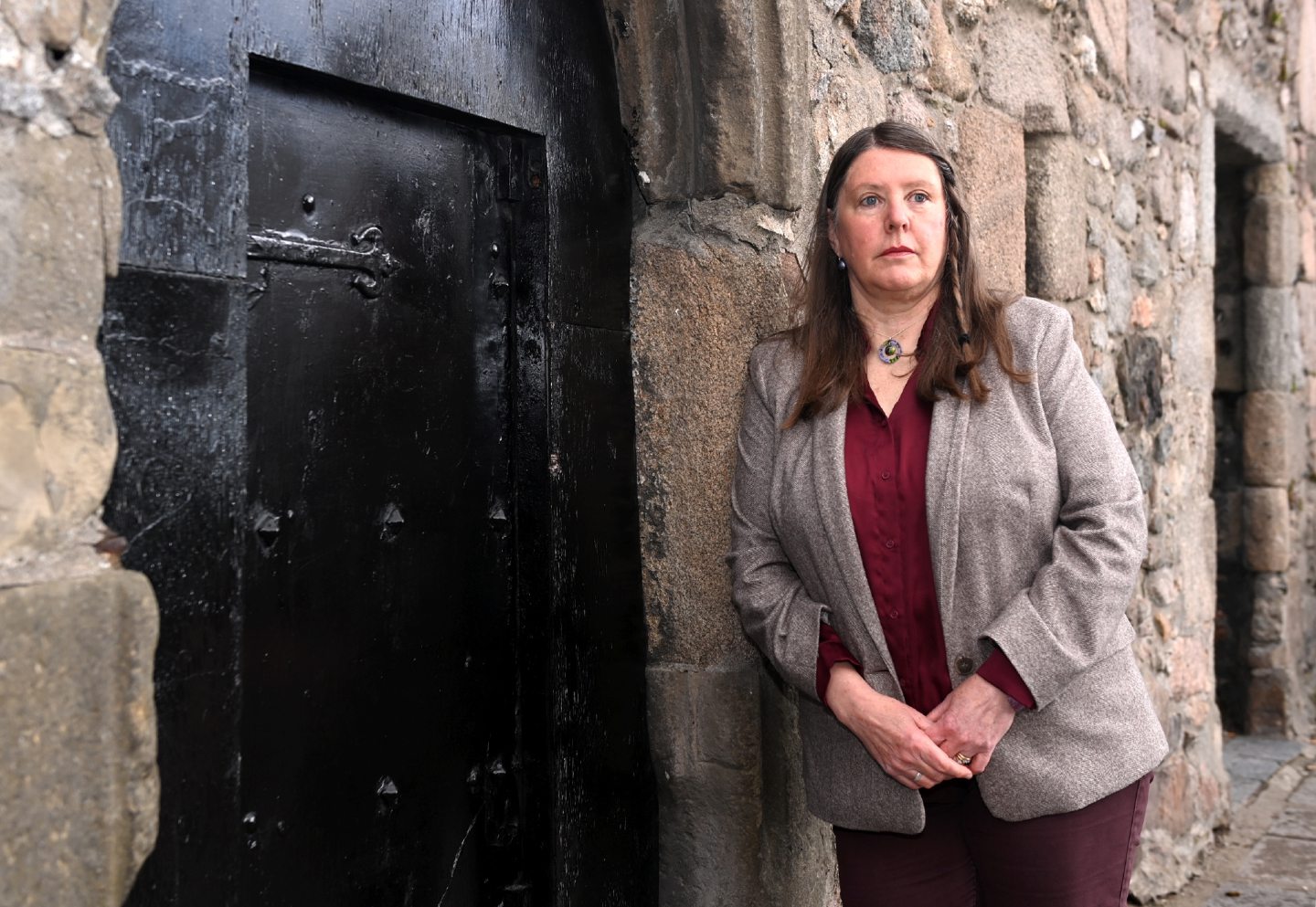Does it ever feel as if there are cameras on every street corner while you walk along your town or city centre? And what’s your reaction to them?
Some people will be heartened by their presence, arguing that nobody has anything to fear if they are going about their business in a lawful fashion. In their eyes, it’s only those with something to hide who bemoan the ubiquity of CCTV technology.
Yet there are others who believe that these machines are gradually, inexorably, turning our existence into something from the pages of Big Brother, with facial recognition techniques meaning that we can’t go anywhere without being monitored.
BriefCam could come to Aberdeen
State-of-the-art CCTV devices, snappily known as BriefCam, could soon be introduced in Aberdeen to help speed up police inquiries.
It has been used previously by Aberdeen City Council to aid with traffic management.
And Police Scotland is urging the public to tell them how they feel about the software being used for tracing vulnerable people and detecting crime in the city.
The organisation has confirmed that officers could use the technology to help locate missing people and trace suspects, reducing the time they spend making inquiries.
If keywords, such as a description of a person – or a vehicle – are entered, the software has the capacity to sift through huge amounts of footage to see if there are any matches.
Is this the start of a slippery slope?
It can function on live and recorded feeds, which means officers can search CCTV even when an incident is still in progress or carry out a retrospective search to look for specific vehicles, objects or people, as they pursue their inquiries.
However, Police Scotland has claimed that, although the technology is capable of facial recognition, any such function would be disabled over privacy concerns.
As a former Met officer turned successful author, Neil Lancaster, based in the Black Isle, has mixed views on the prospect of an escalation in the use of CCTV cameras.
But, as somebody whose career in London included the pursuit of notorious serial killers, he acknowledges they have an important part to play if utilised correctly.
‘I do worry about new technology’
He told the Press & Journal: “Having read the proposed plans relating to an upgrade and uplift on the CCTV systems in Aberdeen, I find myself somewhat conflicted.
“I view myself as a privacy advocate. I don’t believe the state should have unfettered access to our data and, therefore, I do worry about the influx of new technology such as facial recognition and mass data gathering.
“However, as an ex-detective who used to investigate the most serious of crimes, I can think of many occasions where CCTV has been the difference between catching a serious offender and not catching him.
“The serial killer, Levi Bellfield, was essentially caught because a camera on a bus caught enough of his van to bring him into the investigation.
‘The reality is it could save lives’
“So, as an investigator, I get it. I spent many weeks as part of the team tracking Bellfield, and the prospect of him escaping justice because of an absence of CCTV is not something I want to consider.
“As long as the authorities consider the issues around civil liberties, and that these strategies are independently monitored to prevent state overreach, then I am a supporter. The reality is that it could save lives, or at the very least ensure that those who commit crimes are caught and punished. “
BriefCam would employ the existing CCTV system in Aberdeen, which covers the city centre, Rosemount, Torry and Mastrick areas. Police do not currently use the network and have launched a consultation – which finishes on May 2 – to gauge public opinion.
The questions in the survey ask whether respondents trust Police Scotland, whether they already knew about the technology, and whether they felt safe knowing it was being used in their area.
The public’s views are important
Chief Inspector Andy Barclay of the force’s north east division said: “The system is designed to deliver more accurate matches and allows real-time searches where an incident is still in progress. This will help officers, particularly when they are searching for vulnerable missing people.
“When introducing new technologies, we carefully consider human rights and ethical implications and it is important that we seek the views of the public we serve.”
The reality is that no amount of CCTV will prevent hardened criminals from carrying out senseless acts of brutality.
Yet, as Aberdeen Labour councillor Sandra Macdonald said: “I welcome any initiative which can help make our streets safer, especially for women and others at risk from crime, and anything that helps the police protect vulnerable people has to be welcome.
We need more cops and cameras
“At the same time, all the surveillance in the world cannot replace police officers out on the street, as they are best both for deterring crime and for catching criminals. We need to see more resources for front-line policing, as well as more use of the technologies that can help police officers do their job.
“It is right the police are inviting the public to comment on this technology before it is introduced, and I would encourage all those concerned to respond to their survey.”
However, north-east Conservative MSP Liam Kerr argued that the use of BriefCam could be viewed as “the thin end of the wedge for personal freedom.”
He added: “If facial recognition is, by and large, switched off for citizens going about their perfectly innocent business, I can see the argument for utility. ‘Smart’ doorbell footage is sometimes the only lead the police can follow these days.
“It is a big ‘if’, though. The collection and use of data would have to be monitored very tightly, and I think the public will be far happier without the prospect of surveillance.”
We're considering introducing the use of an enhanced CCTV system in Aberdeen City Centre.
There's still time to take our survey. Please take a few minutes to give us your views.
For more https://t.co/FBCFepasJj pic.twitter.com/N8XuiIxDcg
— Police Scotland (@PoliceScotland) April 22, 2024





